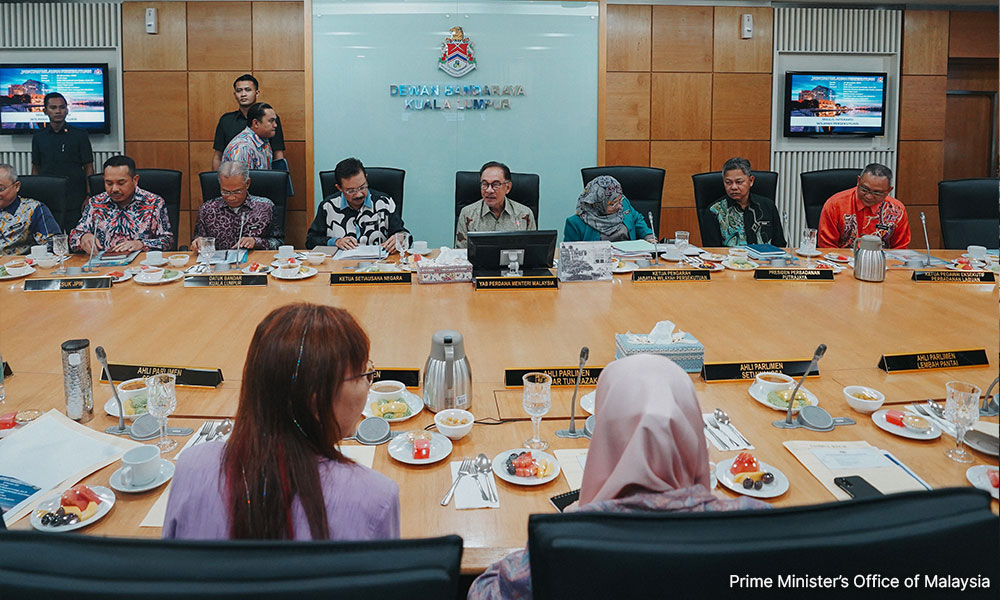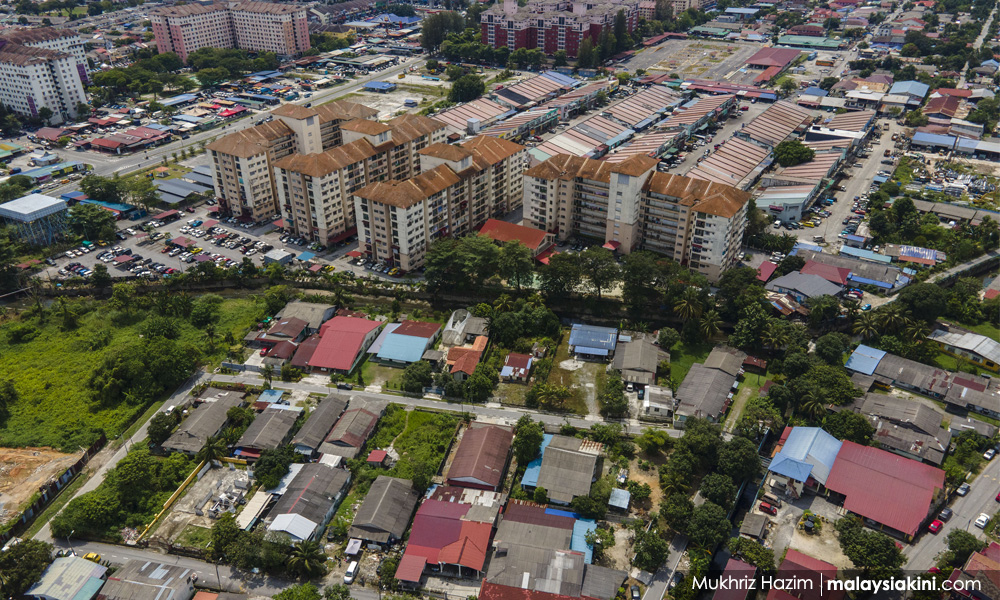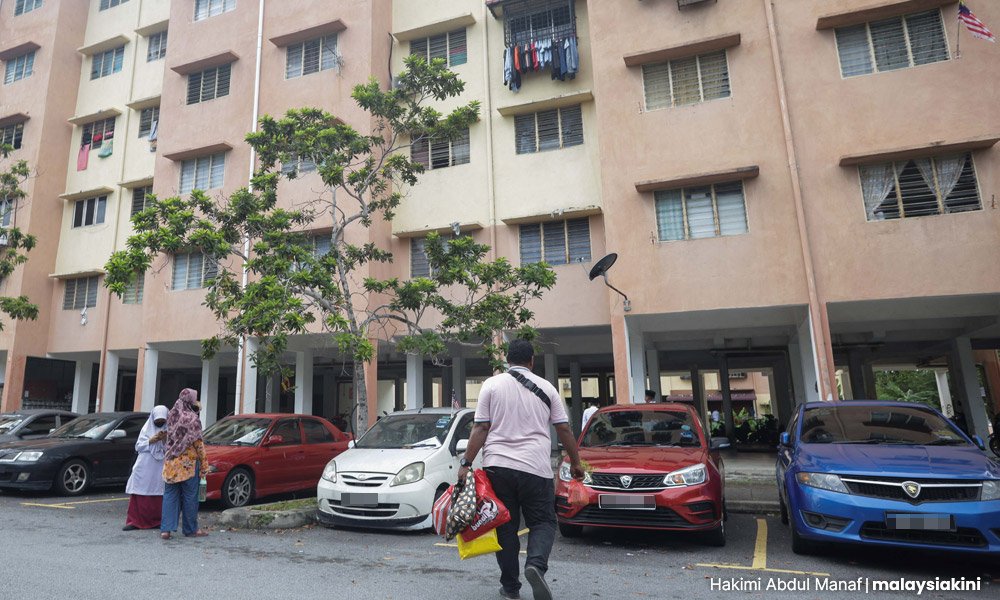Besides the fight against corruption, Prime Minister Anwar Ibrahim added his voice for cheaper housing, calling for a change in policies.
Although they are laudable, in both instances, they are mere voices and will go no further. The occasional voices from various quarters will rekindle the issue with statements of support, sometimes for the two minutes of fame that come with it.
Like his predecessors who had embarked on such campaigns, it never went beyond announcements and setting up committees. Even though the PR1MA Act was promulgated in 2012 - the earth and the sky were promised but it was brought to the ground with a thud - unable to meet the demands and targets.
Last year, Ismail Sabri Yaakob announced a plan to build 5,000 council houses for the urban poor and vowed to make Kuala Lumpur “inclusive”, and that he would pursue a development that leaves “nobody behind”.
He set up a 25-man committee on affordable housing and what it achieved and whether it still exists is unknown.
On Saturday, Anwar said he wants a review of the requirements imposed on developers as previous ones “did not go as planned”.
They did not work out, he said, in terms of speed and scale - the number of affordable houses that developers are required to build.
Will a change in requirements work, and in terms of money, what is affordable?

In a previous column, I wrote: “The price-to-income ratio” or “median-multiple” was developed in 1988 by the United Nations Centre for Human Settlement (UNCHS) and the World Bank to quantify affordable housing.
“Surveys found that the ‘global norm’ for affordability is three times the annual household income.
“Based on the ‘median multiple’, a house is considered affordable if it can be financed by less than three times a household’s annual income. In other words, the price-to-income ratio should not exceed three.
“This means that if you earn RM5,000 a month, you can only afford an RM180,000 house.”
Can developers afford to sell houses at this price? Certainly not, unless there is a cross-subsidy from buyers of more expensive units.
‘Unfair’ policy
In an immediate response to Anwar’s plans, the Associated Chinese Chambers of Commerce and Industry of Malaysia (ACCCIM) said the government should build new towns with affordable housing for rental only by those in the lower-income group and change the current “unfair” policy of having middle-income (M40) house buyers pay for part of the costs of affordable housing.

If the land is provided by the government, such targets can be achieved with ease but land comes under state governments and that includes the Federal Territories.
Will the states provide land for affordable housing? They seem to be interested only in the money, either selling the land or entering into joint ventures with developers.
Over the past decade, Kuala Lumpur City Hall (DBKL) had parted with more than 70 parcels of land, either selling or partnering with developers through Yayasan Wilayah Persekutuan.
The recent case involving the development of Taman Rimba Kiara, Taman Tun Dr Ismail in the Federal Court exposed the nexus between authority and developers and the ratepayers have been left to pay the legal bills.
Can the federal government compel state governments to alienate land for affordable housing?
Technically, it cannot be done, but a few nudges here and there may compel the state exco to set aside the land. But then again, providing land, say in rural areas away from the city centre will not help.
Quota imposition
While the federal government screams about the need for affordable housing, the states seem to be interested only in the money that comes while local governments are issuing development orders without ensuring developers as corporate citizens contribute to public housing and not just look at profits.

Would the developers of say Damansara City plonk a block of low-cost flats surrounded by luxury condominiums and office blocks?
Then there is also the residents’ reaction to sharing common amnesties with the lower-income group. Not too long ago, residents in Subang Jaya objected to low-cost flats in the neighbourhood.
They argued that the value of their property would drop and wrongly assumed that people with lower incomes would cause the crime rate to go up.
Anwar, whose portfolio includes the Federal Territories, must exercise his authority to stop land alienation and joint ventures and instead compel DBKL to build affordable homes.
This must be extended to states where land has been made available to developers, especially in urban areas.
The imposition of quotas will not work, as experience has shown. Developers are not willing as it would mean upping the price of houses for the ordinary man to subsidise the affordable houses.
A magic wand cannot be waved to produce cheap housing. Instead, it has to be a concerted effort by all parties (including the state governments) to make it a reality. - Mkini
R NADESWARAN is a veteran journalist who writes on bread-and-butter issues. Comments: citizen.nades22@gmail.com
The views expressed here are those of the author/contributor and do not necessarily represent the views of MMKtT.




No comments:
Post a Comment
Note: Only a member of this blog may post a comment.